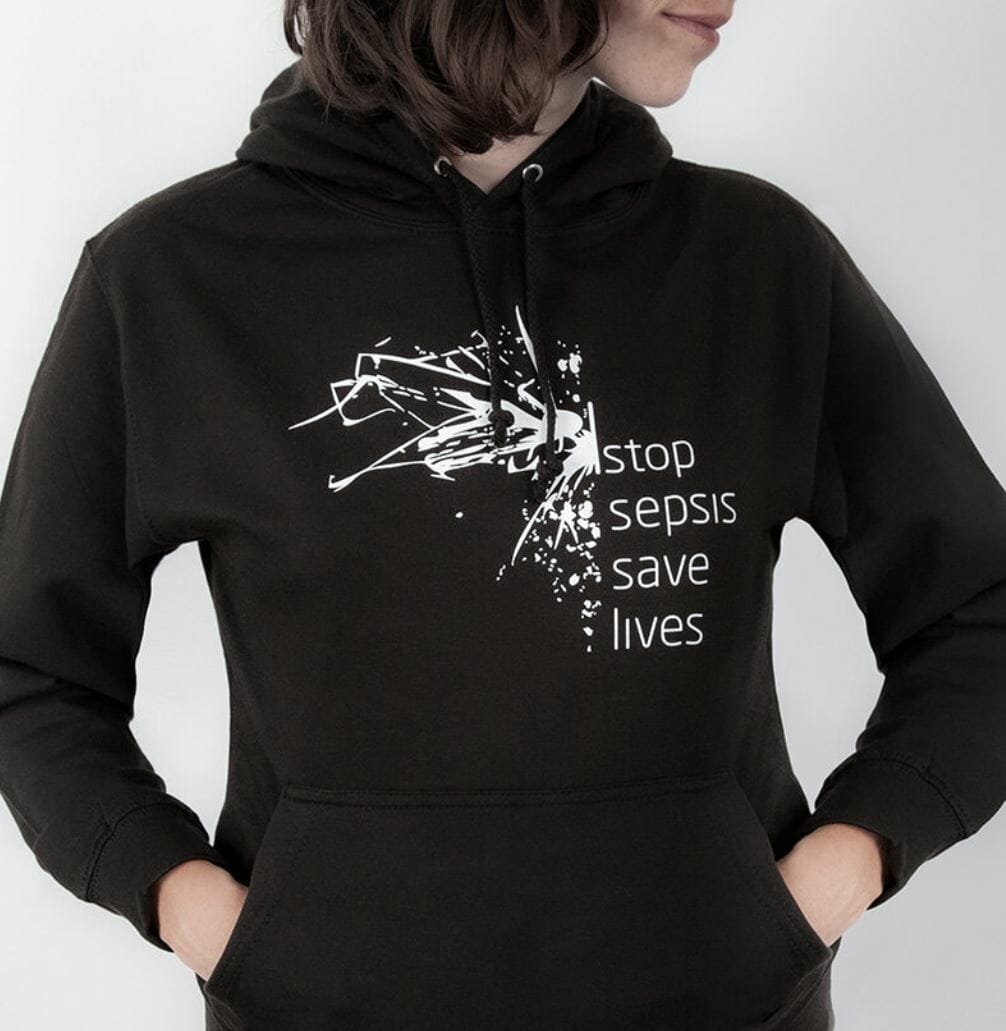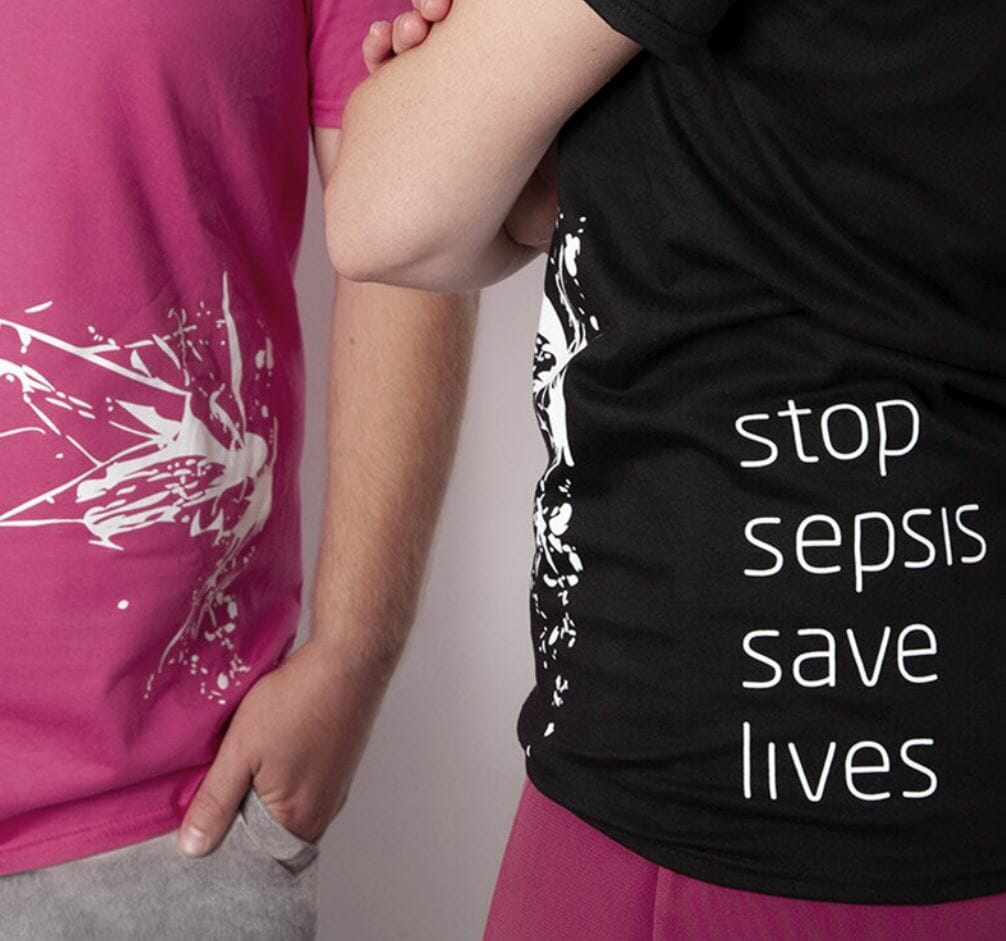13th September marks the 10th anniversary of World Sepsis Day which is an opportunity for the world to unite in the fight against sepsis.
What is Sepsis?
Sepsis is the body’s life-threatening response to infection which may lead to shock, multi-organ failure, and death, especially if not recognised early and treated promptly. You may have heard sepsis referred to sometimes as septicaemia or blood poisoning.
You cannot catch sepsis from another person. Sepsis happens when your immune system overreacts to an infection.
- 1 in 5 of all deaths worldwide is associated with sepsis
- Sepsis is the number 1 cause of death in hospitals
- 80% of cases occur outside of hospital
- 40% of cases are children
- Sepsis is always caused by an infection like pneumonia or diarrheal illness

Who is likely to get Sepsis?
Anyone with an infection can get sepsis. Some people are more likely to get an infection that could lead to sepsis, including:
- Babies under 1, particularly if they’re born early or if their mother had an infection while pregnant
- People over the age of 75
- Diabetic people
- Patients with a weakened immune system, such as those having chemotherapy treatment or who recently had an organ transplant
- Patients who have recently had surgery or a serious illness
- Women who have just given birth, had a miscarriage or had an abortion

How can you prevent Sepsis?
It’s not always possible to prevent sepsis. However, there are things you can do to help prevent infections that can lead to sepsis, including:
- Keeping up to date with vaccines, particularly for babies, children, older people and pregnant women
- Cleaning and caring for any wounds
- Following the instructions when taking antibiotics
- Taking all your prescribed antibiotics, even if you are feeling better
- Washing your hands regularly and teaching children how to wash their hands well
